
Kissing Cousins
Queen Esther was not only Mordechai's niece, but married to him as well. Does Judaism allow marrying a first cousin or a niece? What about genetic diseases and other problems?

Dear Rabbi Brody,
Am I allowed according to Halacha to marry my niece or my cousin? Would there be any medical or genetic dangers? Thank you, Yaacov from the North Jersey area
Dear Yaacov,
Before I answer your superb question, you should know that our matriarch Sarah was our patriarch Abraham's niece. Not only that, but the Megilla tells us that Esther was Mordechai's niece and married to him as well. The Torah is loaded with marriages between first cousins. For example, our matriarchs Leah and Rachel were both first cousins of our patriarch Jacob.
Your question is mentioned in the Gemara, tractate Yevamot, 62b, on the bottom of the page. Indeed, our sages both encourage and bless anyone that marries a niece. Rashi states that the Gemara is referring specifically to the daughter of a sister; since a man naturally loves his sister, says Rashi, he will have a special affection for a wife who is the daughter of his sister. The Tosephot argue as follows: Rabbenu Tam agrees with Rashi and says that the mitzva is to marry the daughter of a sister specifically (more than a brother), because the daughter of a sister will bring her husband good fortune and sons 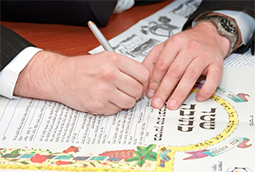 who resemble the father. The Rashbam disagrees with Rashi and with Rabbenu Tam, arguing that marrying the daughter of a brother is just as good a mitzva as marrying the daughter of a sister. The Rambam, in agreement with the rationale of the Rashbam stipulates (Hilchot Issure Beia, 2:14), that it's a "mitzvat khakhamim", a rabbinical ordnance, to marry a niece, whether she's the daughter of a sister or a brother.
who resemble the father. The Rashbam disagrees with Rashi and with Rabbenu Tam, arguing that marrying the daughter of a brother is just as good a mitzva as marrying the daughter of a sister. The Rambam, in agreement with the rationale of the Rashbam stipulates (Hilchot Issure Beia, 2:14), that it's a "mitzvat khakhamim", a rabbinical ordnance, to marry a niece, whether she's the daughter of a sister or a brother.
As far as practical Halacha goes, The Rama rules that Ikar HaDin (Mainstream Halacha) is, "It's a mitzva to marry the daughter of a sister", then adds, "There are those who say that it is also a mitzva to marry the daughter of a brother. (See Shulkhan Oruch, Even Ezer 2:6)." In other words, the Rama tends to agree with Rashi and Rabbenu Tam but doesn't ignore the Rashbam.
As far as the second half of your question, the Melitzer Rebbe shlit'a in the name of his grandfather, the holy Shatzer Rov of blessed and saintly memory, says that ever since Abraham married his niece Sarah, there has been a blessing among Jews for marrying nieces. Also, the Shatzer Rov wrote that the doctor's warnings about hemophilia and other genetic or medical flaws as in the case of the European monarchies does not apply to a family that observes halacha, most specifically, family purity and refraining from forbidden relations. In short, if you have a worthy niece, whether the daughter of a brother or a sister, you are allowed to marry her; not only that, but you will merit the blessings of our sages from the Gemorra. In any event, I strongly urge to test for Tay-Sach's disease before you even begin approaching the prospective match.
As far as cousins go, the Shatzer Rov (see "Or Ganuz, parshat Mattot/Massaei) says that whenever the Torah says "good", according to esoteric tradition and the Arizal, there is an eternal blessing. Hashem told Moshe Rabbenu to tell the daughters of Tslophkhod to marry their cousins (see Bamidbar 36: 5-13), and the Torah says "tov" about it (ibid, verse 6). From here, the Shatzer Rov zatza"l says it's very good to marry a cousin. If it worked for the daughters of Tslophkhod, it'll work for you. It's worth noting that quite a few of the Melitzer Rebbe's 11 children are happily married to cousins.
One leading Kabbalist told me that the reason marrying cousins and nieces works well with Orthodox Jews is because they have the blessing of personal holiness and family purity. Many leading families in the Torah world also like making matches within the family for several practical reasons: first, they’ve known the prospective bride or groom from a tender age; second, families have similar backgrounds and customs, so it’s much easier for the young couple to get along; and third, it saves all types of in-law problems, for oftentimes the mother-in-law or father in-law is a beloved cousin. One of the sons of the Machenivka Rebbe’s sons in Bnei Brak married his niece. Therefore, his oldest sister is his mother-in-law. It saves a lot of hassles…
If you are planning a shidduch with a niece or cousin, please proceed with our blessings. All the very best, LB



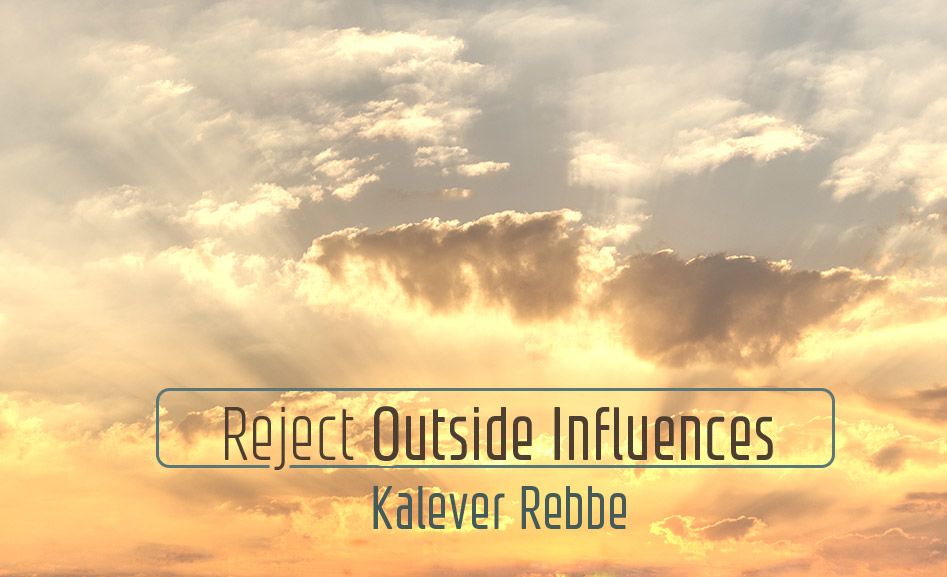

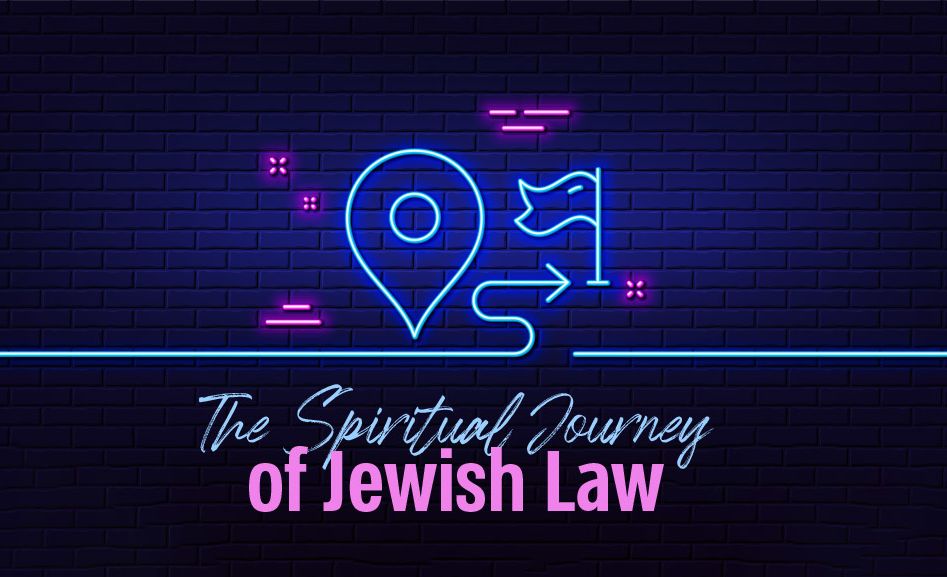
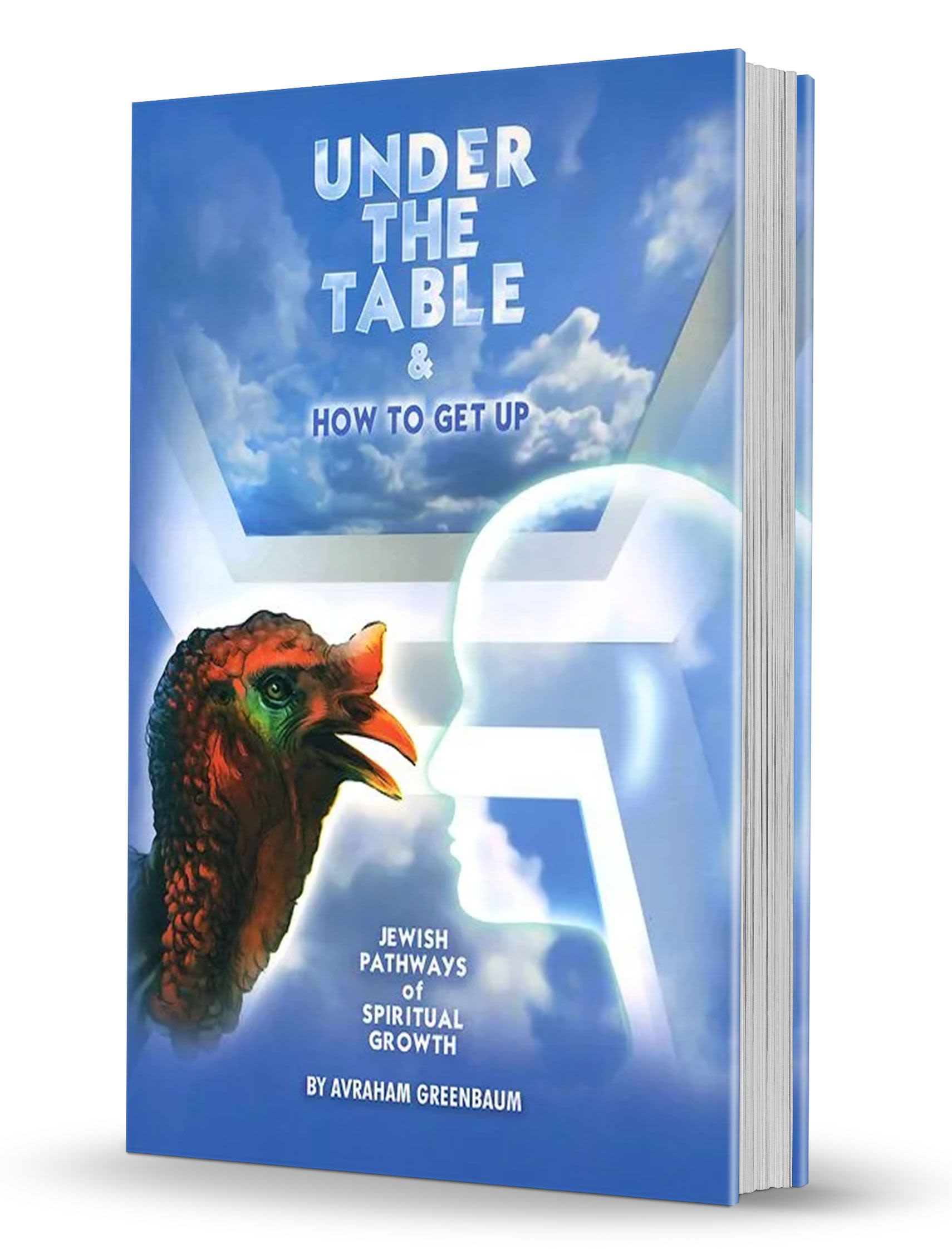
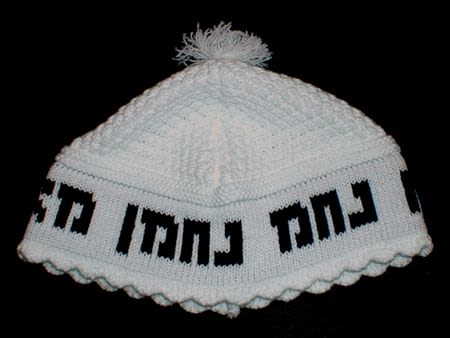
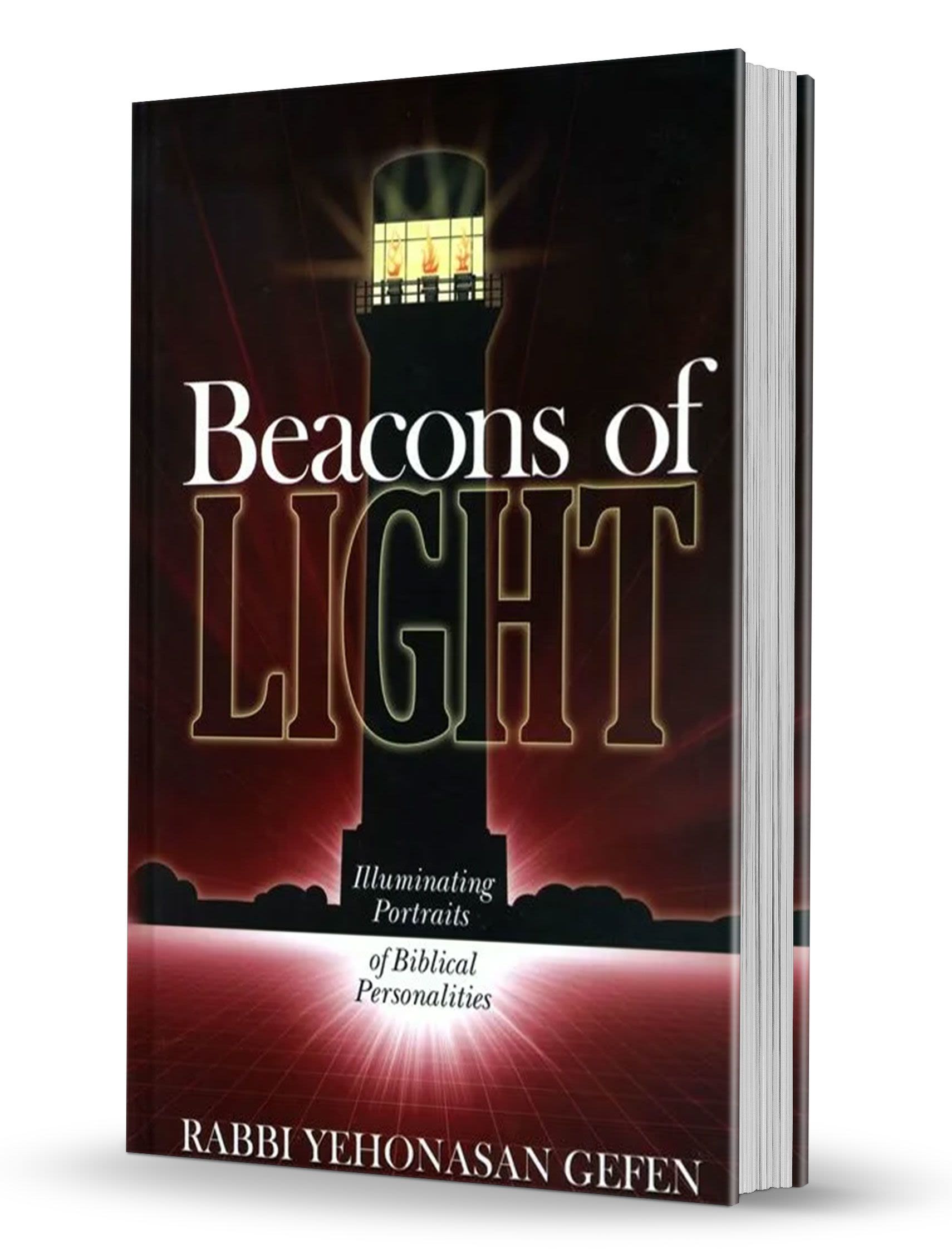
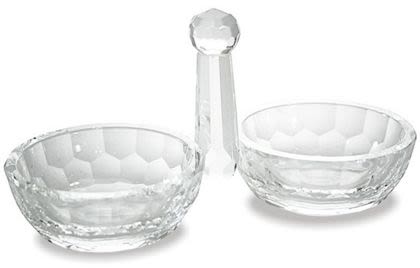
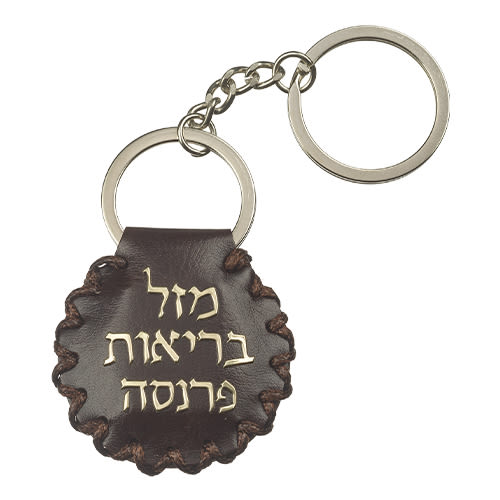

Tell us what you think!
Thank you for your comment!
It will be published after approval by the Editor.